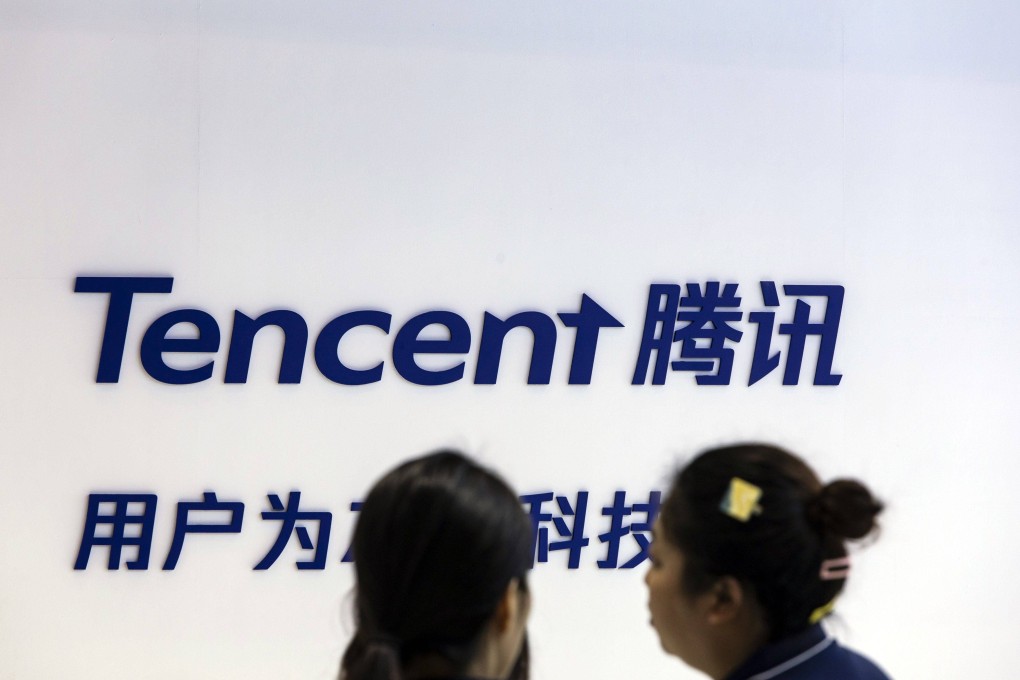Tencent reports better-than-expected third-quarter profit, revenues up on ‘high quality’ growth in ads, games
- Tencent’s advertising business posted the fastest growth among its segments, with a 20 per cent increase to 25.7 billion yuan in the quarter
- International games revenue rose by 14 per cent year on year to 13.3 billion yuan, down from 19 per cent growth in the previous quarter

Tencent Holdings, operator of China’s biggest social media app and the world’s largest gaming business by revenue, reported a profit decline for the third quarter of 2023 that was still better than market estimates, as the country’s economic recovery continued to face pressure.
The Hong Kong-listed internet giant posted a profit of 36.2 billion yuan (US$5 billion) for the three months ended September 30, down 9 per cent from 39.9 billion yuan a year ago. That exceeded the consensus estimates of 32.4 billion yuan by analysts polled by Bloomberg.
Total revenue in the quarter reached 154.6 billion yuan, up 10 per cent from 140.1 billion yuan a year ago. That was slightly worse than the consensus estimates of 154.8 billion yuan, according to analysts polled by Bloomberg.
“During the third quarter of 2023, we achieved solid and high-quality revenue growth, notable margin expansion, and structural operating leverage,” said Pony Ma Huateng, founder and chief executive of Tencent Holdings.
“Relatively new services such as Video Accounts and Mini Games contributed high-margin revenue streams while we refocused away from less-scalable activities. We are increasing investment in our AI models, providing new features to our products and enhancing our targeting capabilities for both content and advertising.”
Tencent’s shares in Hong Kong rose 4.8 per cent on Wednesday ahead of the earnings announcement, closing at HK$322.6.
The results came as Tencent continued to fight against macroeconomic uncertainties in the country’s efforts to recover from the pandemic, and explored new growth drivers for its business.
As part of its new expansion, the company has invested in generative artificial intelligence (AI), competing in the race for China’s own ChatGPT-like services. In September, Tencent launched its self-developed Hunyuan large language model (LLM), the type of technology that underpins OpenAI’s ChatGPT and similar products, following similar moves by domestic rival Baidu and Alibaba Group Holding. Alibaba owns the South China Morning Post.